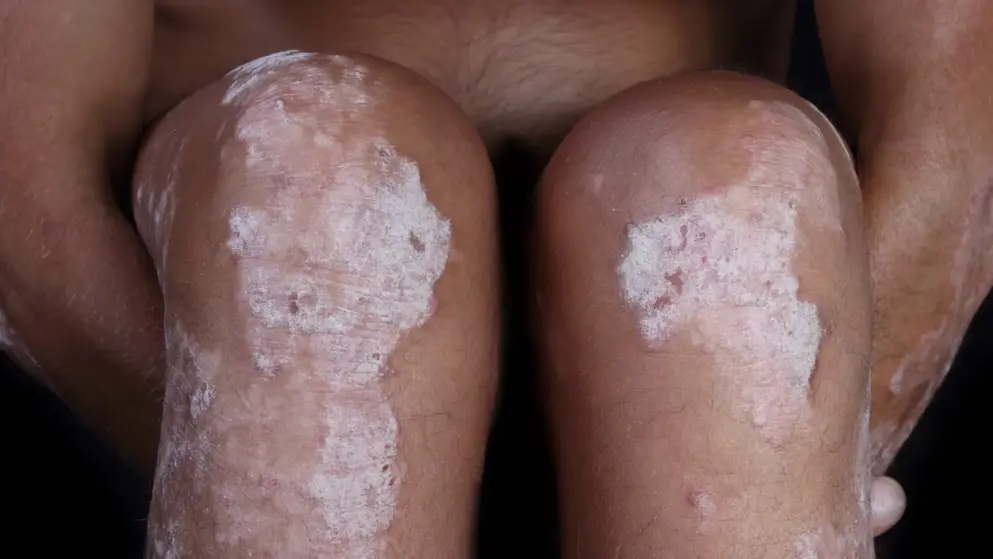
FDA approves supplemental sBLA for Taltz to treat pediatric patients with moderate to severe plaque psoriasis who are candidates for systemic therapy or phototherapy.- Eli Lilly
Psoriasis affects nearly 8 million people in the U.S. Many people living with psoriasis develop symptoms during childhood. The safety, tolerability and efficacy of Taltz in patients ages 6 to under 18 was demonstrated in a randomized, double-blind, placebo-controlled Phase III study that included 171 patients with moderate to severe plaque psoriasis. The co-primary endpoints of the study were the proportion of patients achieving a 75 percent improvement from baseline on their Psoriasis Area and Severity Index score (PASI 75) and a static Physician's Global Assessment of clear or almost clear skin (sPGA 0,1) at Week 12. At 12 weeks, the proportion of patients achieving the co-primary endpoints was superior to placebo with statistically significant difference (P<0.001): 89 percent of patients treated with taltz achieved pasi 75 compared to 25 percent of patients treated with placebo. 81 percent of patients treated with taltz achieved spga compared to 11 percent of patients treated with placebo. taltz also met all major secondary endpoints in the study (p><0.001), which included the proportion of patients achieving pasi 90, spga (0) and pasi 100 at week 12, and at least a four-point improvement in itch numeric rating scale (itch nrs greater than 4) among patients with baseline itch nrs greater than 4 at week 12, as well as pasi 75 and spga at week 4. overall, the safety profile observed in pediatric patients with plaque psoriasis treated with taltz every four weeks is consistent with the safety profile in adult patients with plaque psoriasis, with the exception of the frequencies of conjunctivitis (3%), influenza (2%) and urticaria (2%). in this clinical trial, crohn's disease occurred at a greater frequency in the taltz group (0.9%) than the placebo group (0%) during the 12-week, placebo-controlled period. crohn's disease occurred in a total of four taltz-treated subjects (2.0%) in the clinical trial. the taltz safety profile has been studied across 13 clinical trials in adult subjects with plaque psoriasis, with over 5,000 patients receiving taltz, with a total exposure of over 17,000 patient-years.></0.001),></0.001):>

